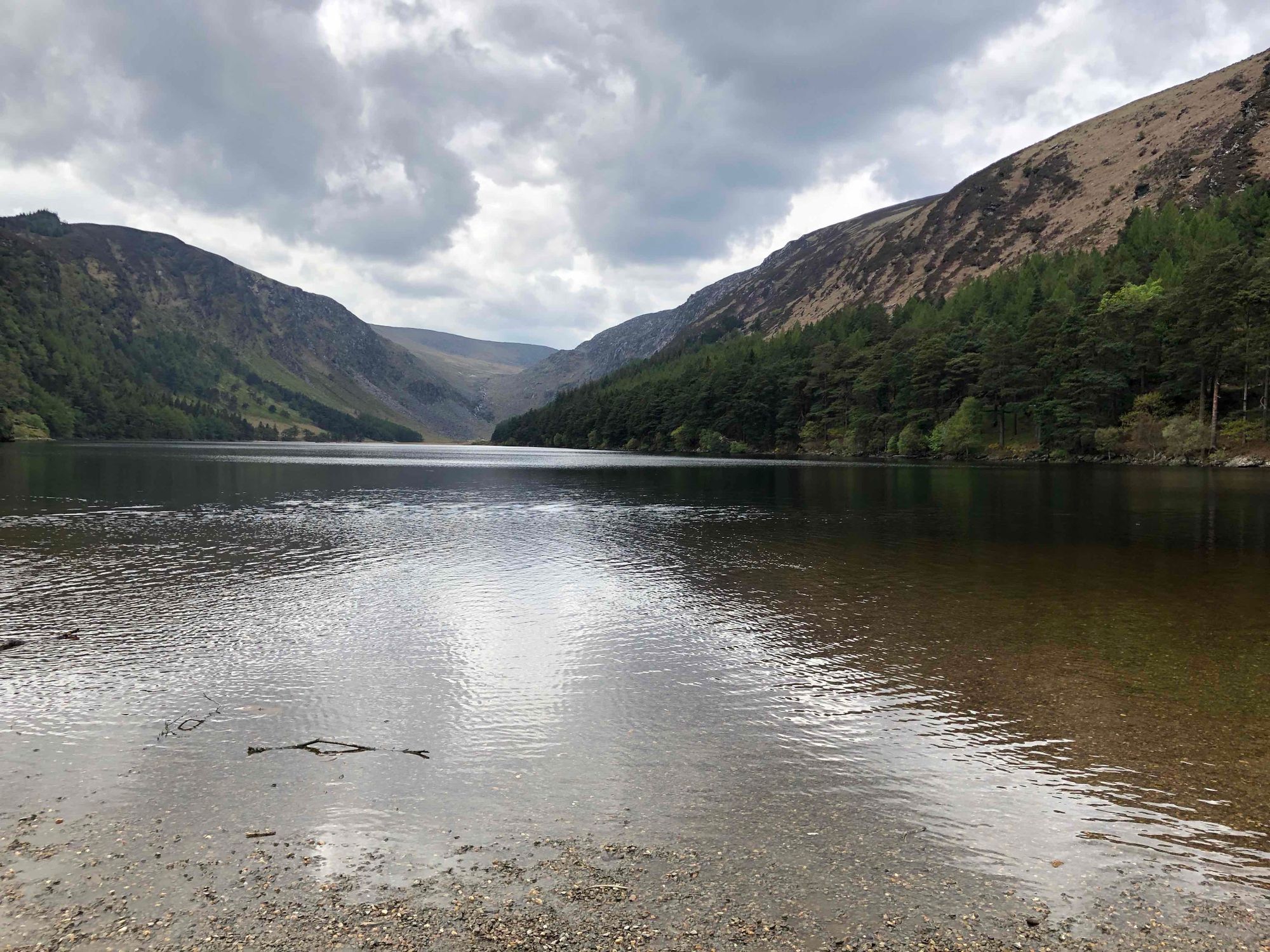Walking to Solve Problems
Movement gets your brain moving (again).

As we all 'wander' through life, we occasionally encounter problems or issues that require some thinking over a period of time, often for hours or even days and weeks.
And sometimes, we get stuck on finding a solution these problems or making a decision. Maybe it’s an essay or report that’s due in next week, a personal issue we want to respond to, or a bigger life decision to make. We’ve all been in that situation of sitting at the desk in front of our computer, with the cursor blinking and a blank page on the screen, not having the slightest idea what to do next or even how to begin.
Getting moving again
So in scenarios like this, which are all too familiar, what are some approaches to get moving again? Are there any specific habits that we could build in to our lives using the implementation intentions process we discussed previously?
One answer is to be actually getting up and move, by going for a walk.
A Professor of Neuroscience in Ireland recently published a book about this very idea called “In Praise of Walking: The New Science of How We Walk and Why It’s Good for Us”, where he espouses the benefits of walking for a whole host of physical, emotional issues. From a recent interview, he said to:
“Think of walking as something which repairs our brains, lowers our blood pressure, aids the passage of food through our intestines, reduces inflammation and allows us to be creative and better at problem-solving. We also know from studies that people who walk a lot are less prone to depressive disorders; that walking can enhance your memory and that older people who walk more are less lonely”. Not a bad deal!
Walking for Problem Solving
So the next time you need to chew over an issue some more, physical, emotional or otherwise, get up off the seat if you can and go for a short walk. Personally, walking by the sea makes the biggest difference for me and if that’s possible for you, I’d recommend that. There’s something about views into the distance, whether that’s mountains, lakes or sea, that seem to have a particularly calming effect on me.
So to use that implementation intention:
IF {situation} THEN I will {behaviour}
This becomes:
IF I get stuck on this issue THEN I will go for a short walk
Procrastination and Other Techniques
Sometimes this can get confused with procrastination, which for me is a more conscious effort to not start the task. I’ll write more on that soon, but I think there is a clear distinction between being genuinely stuck on an issue, and avoiding it at some level.
One final note is that there are alternative and complementary techniques that you can use in situations like the ones described earlier. In addition to walking, talking to a trusted confidant or researching the area yourself are all well-established ways to help with decision making and problem solving. Walking on it’s own is merely another (healthy) option that has many benefits beyond just the physical ones. As the book says, it seems that we are “essentially social walkers” and made for it!